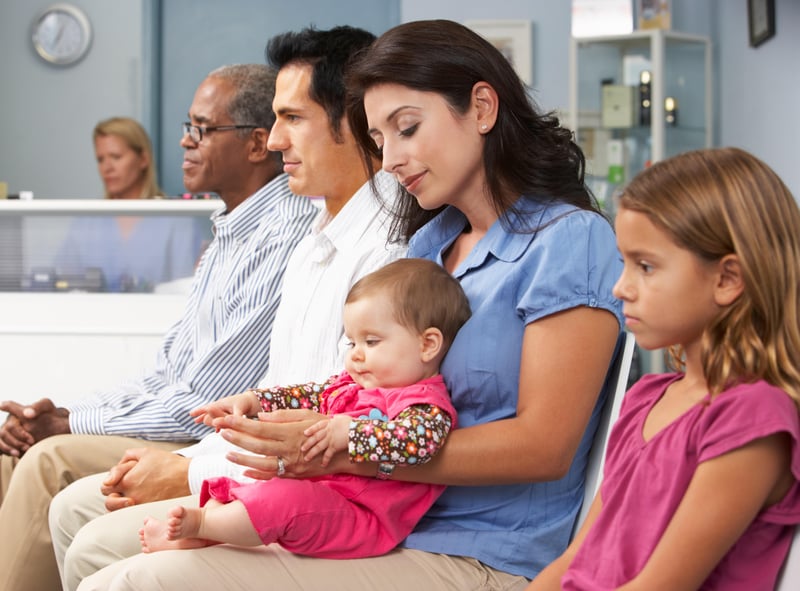Get Healthy!

- By Cara Murez HealthDay Reporter
- Posted September 30, 2022
U.S. Will Spend $266 Million to Bolster Public Health Programs
The U.S. government will invest $266 million to shore up the community and public health workforce using American Rescue Plan funding.
About $225.5 million will go to 83 recipients to support training and apprenticeship for 13,000 new community health workers, CNN reported before Friday's announcement. These workers specialize in helping people find care and serve as a contact point between patients and providers.
"Thirty million people in America get their health care through community health centers that treat people regardless of their ability to pay," said Carole Johnson, administrator of the U.S. Department of Health and Human Services' Health Resources and Services Administration, which is facilitating the grants.
"Time and time again, we have seen community health workers make the difference when it comes to reaching out in communities and getting people engaged in care and then helping people stay connected to care," Johnson told CNN.
In all, the rescue plan is allotting $1.1 billion in funding for community health, outreach and health education workers.
The largest grants will be $3 million and will go to 30 of the 83 recipients.
Among the recipients is El Sol Neighborhood Education Center in California.
"As a community-based organization, we have had challenges to really be able to reach this federal funding for years," Alexander Fajardo, project director for the center, told CNN. "The big entities like universities or these big players, it's hard for us to compete with them."
The center will use the funding for basic and advanced training for more than 250 community health workers.
Johnson explained the need to have health workers who can build trust and provide communication.
"When you lead a very complicated life and you have to take three buses to get to a doctor's appointment and you have to take time off work, it can be very, very hard to do what is routine for a lot of other people," she said.
"And so community health workers can be that essential bridge that can help make sure people stay connected to their health care provider," Johnson said, whether it's for chronic disease management, mental health and substance use disorders, or maternity care.
Fajardo pointed to community health workers, also called promotores, as key in transforming a community.
They "are people from the community. They speak the same language; they face the same challenges," Fajardo said. "Those qualities make them more effective when they are doing the work in the community. Because when they are talking about COVID-19 or diabetes or any situation, they relate with it. They have the same experience. 'He's my neighbor. I know them.'"
Another $40.7 million will be sent to 29 schools to encourage public health training and employment as part of the Public Health Scholarship Program.
The funding is vital as workers have left amid backlash and burnout caused by the COVID-19 pandemic and other public health emergencies, such as record-high drug overdose deaths, the monkeypox outbreak and now the reemergence of polio, the news agency noted. (To assess your risks for COVID, click here.)
"There's no doubt that there has been significant underfunding at the state and local level for years in the public health workforce," Johnson said.
Gene Sperling, coordinator of the American Rescue Plan and a senior adviser to President Joe Biden, said funding community health is one of the plan's "crown jewels."
The administration's aim is to "use these types of funds to build careers, to give people a chance to both serve their country during this pandemic but also build a public health career and to be professional community health workers that could make such a big difference," Sperling said.
More information
Healthcare.gov has information on how to receive low-cost health care in communities.
SOURCE: CNN, Sept. 30, 2022
